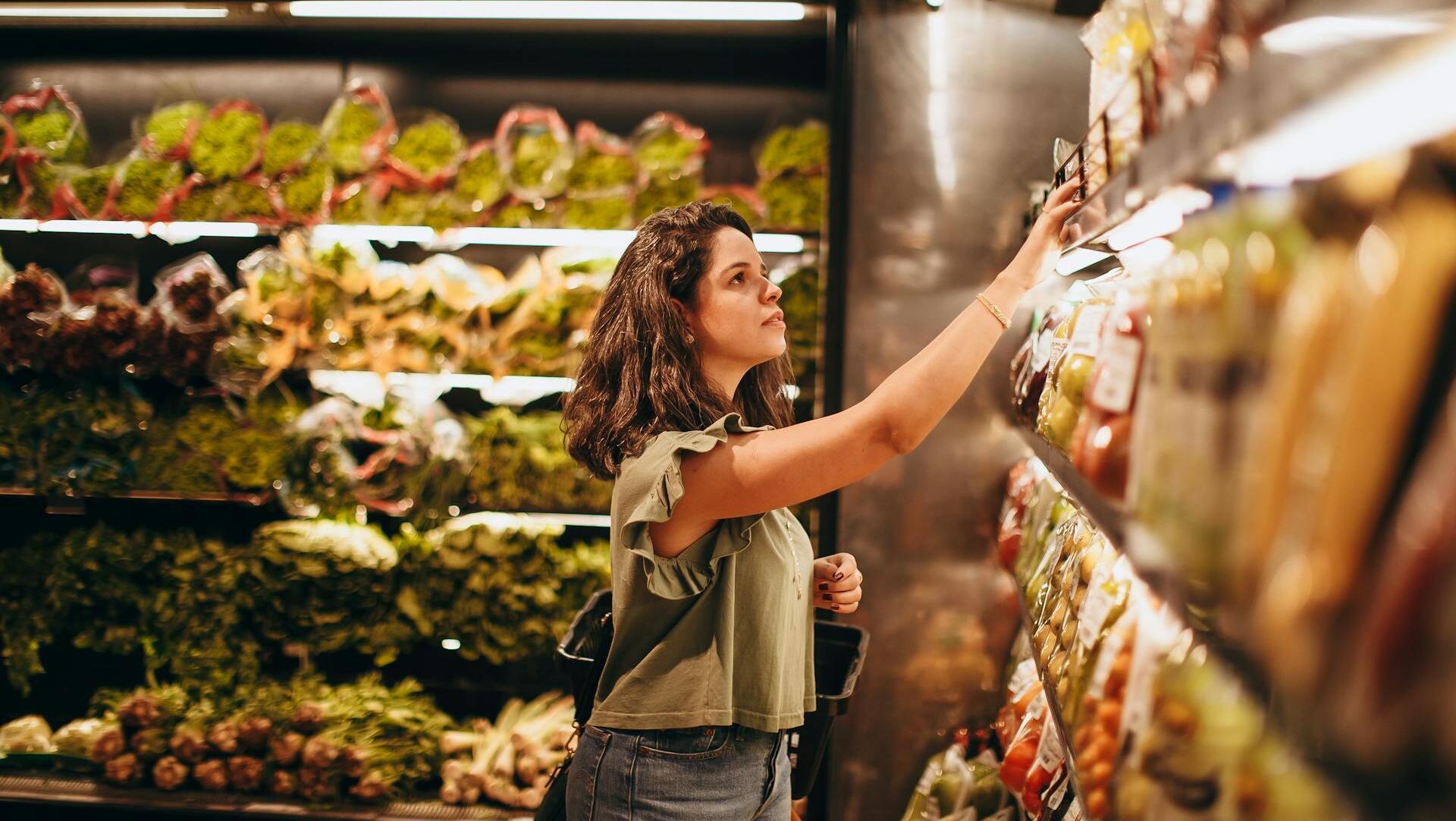In response to the latest tariffs, which have pushed America’s overall trade tax rate to the highest it’s been in decades, food industry leaders in the United States are inundating the Trump Administration with one desperate message: don’t slap tariffs on products we can’t grow.
It’s understood that in the wake of the White House decision this month to hit dozens of countries with a wave of new duties, food lobbyists representing grocers, seafood firms, restaurants, and fresh produce are burning the midnight oil in an attempt to get their most vulnerable products exempted.
What the Trump Administration doesn’t appear to understand, lobbyists argue, is that many items just aren’t grown in this country at scale, which means tariffs on them are going to wreck prices across the food chain.
However, rather than declaring all-out war on Trump’s policy, lobbyists are taking a more granular approach by seeking exceptions for cucumbers, fish, shrimp, pineapples, and coffee; basically anything that could make a grocery bill unaffordable.
Treat seafood differently
Given that 85% of seafood consumed in the U.S. is imported - and American fisheries are already capped at their legal harvest limits - Gavin Gibbons of the National Fisheries Institute believes the entire seafood trade should be given different treatment under the new tariff regime.
“There are so many voices, so many products that say, ‘well, we just need an exemption, because we’re unlike others… we would like an exemption for all [seafood],” said Gibbons, who points the finger at tight federal rules for the reason domestic fish farm expansion isn’t feasible.
According to U.S. Government data, America had a US$24 billion seafood trade deficit in 2022, and without tariff relief, Gibbons expects that number to continue growing.
Ironically, the U.S shrimp industry is in for tougher treatment due to the U.S administration’s attempt to teach India a lesson over its insistence on buying oil from Russia.
While 90% of shrimp eaten in the U.S. is brought in from offshore, over a third of that comes from India, upon which the Trump Administration has lumped a 50% tariff after accusing the sub-continent of propping up Russia’s war against Ukraine.
The National Restaurant Association was quick to warn Trump Administration trade representatives that food prices on menus could be in for hefty increases if fresh ingredients - many of which are only available seasonally - get whacked with these high duties.
Produce groups also push back
Meanwhile, the Food Industry Association (FIA) – which represents major grocers like Walmart and Albertsons- is working equally hard to explain to the U.S. Administration that the impact on the produce prices will also mirror those impacting the seafood sector unless sanity prevails.
The U.S. imports $36 billion worth of fresh fruits and vegetables, with Mexico a clear frontrunner followed by Peru for fruits and Canada for vegetables.
The FIA’s Andy Harig vice-president warned that tariff-induced price hikes will be very noticeable at a time when American households face increasing financial pressure from multiple directions.
According to recent data, a family of four currently spends around $993 per month on groceries under a "thrifty" plan, up from $675 just four years ago.
This increase underscores the sensitivity of consumers to price changes and the potential impact of tariffs on their purchasing power.
Harig also reminds the Trump Administration that the more a product is entirely import-reliant, the greater the impact on U.S. consumers.
For example, while around 35% of cucumbers came from outside the U.S. in 1990, that number is now close to 90%.
However, the FIA isn’t calling for a return to old trade models, nor does it see growing cucumbers year-round in the U.S., which would see producers passing on the costs associated with greenhouse operations, as the solution.
A more targeted approach
“There is still a desire to be able to ask for exemptions and try to turn these tariffs into a more targeted and focused kind of approach to addressing both reshoring production in the U.S. and supporting U.S. jobs,” he said.
He cites a few examples of trade deals where producers in certain countries, like Indonesia and the EU, have been offered partial relief.
More specifically, Brazil, which was hit with a 50% tariff, managed to get some foods excluded — like orange juice and Brazil nuts.
While coffee was excluded - despite not being produced in the U.S. – U.S Commerce Secretary Howard Lutnick recently suggested that items like coffee, mangoes, and pineapples could eventually be exempt from the full brunt of these tariffs.
Major U.S. food manufacturers wade in
However, the beef with Trump’s tariffs comes primarily from producers, with the U.S. food industry struggling to navigate the complexities of international trade policies, especially those affecting imports from China, Canada, and Mexico.
While the recent tariffs on Canadian and Mexican imports have been paused temporarily under the USMCA trade deal, they remain the subject of ongoing negotiation.
Then there’s China, which has responded to U.S. tariffs with its own set of tariffs on American goods, including agricultural products like soybeans and beef.
Major U.S. food manufacturers like PepsiCo, Conagra, and J.M. Smucker recently joined the melee over trade tariffs by urging the Trump Administration to exempt certain imported ingredients from newly imposed tariffs.
In light of concerns over rising consumer prices and manufacturing costs, the food giants want exemptions for ingredients not readily available from domestic U.S. sources, including:
- Cocoa: Essential for chocolate products and primarily sourced from Ghana and Côte d'Ivoire.
- Coffee: The U.S staple is largely imported from countries like Brazil and Colombia.
- Tropical Fruits: Often sourced from Central and South America.
- Spices: Many are imported due to the lack of domestic production.
- Tin Mill Steel: Used in packaging for specialty foods and household goods.
Prices up over a third
The price of wholesale vegetables shot up 38% in July, with economist David Ortega noting that tariffs, on average, are up year-on-year on common vegetable imports like tomatoes, asparagus, cauliflower, and cucumbers.
He also notes that limiting overall supply can cause homegrown veggie prices to rise, too.
Phil Kafarakis, president of the Chicago-based IFMA, The Food Away from Home Association, believes that combining tariffs with Trump’s ongoing deportations has exacerbated the issue of produce costs.
“There are “not enough labourers in the fields to pick up and collect product as it's coming to harvest,” he said.
Meanwhile, American workers are in no hurry to fill those employment gaps.



